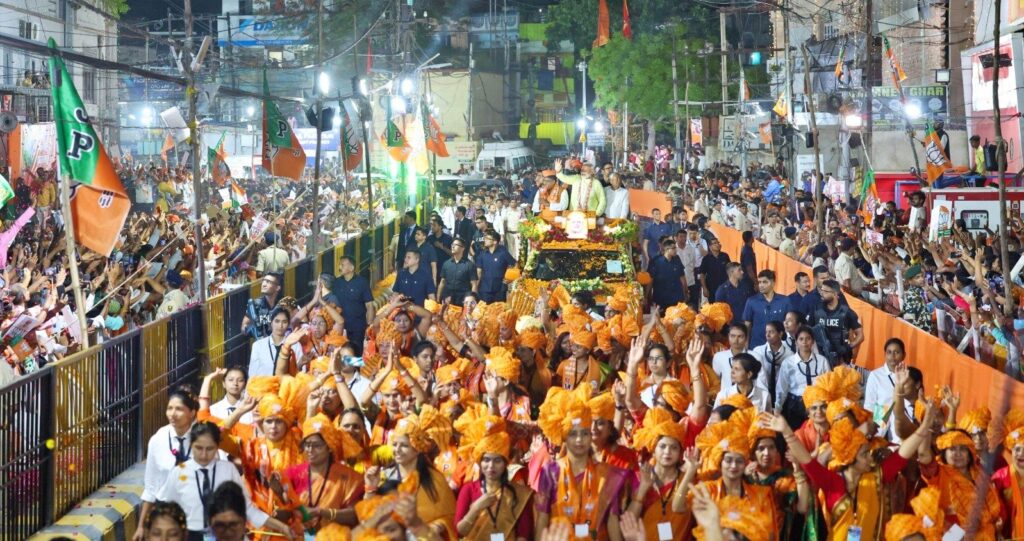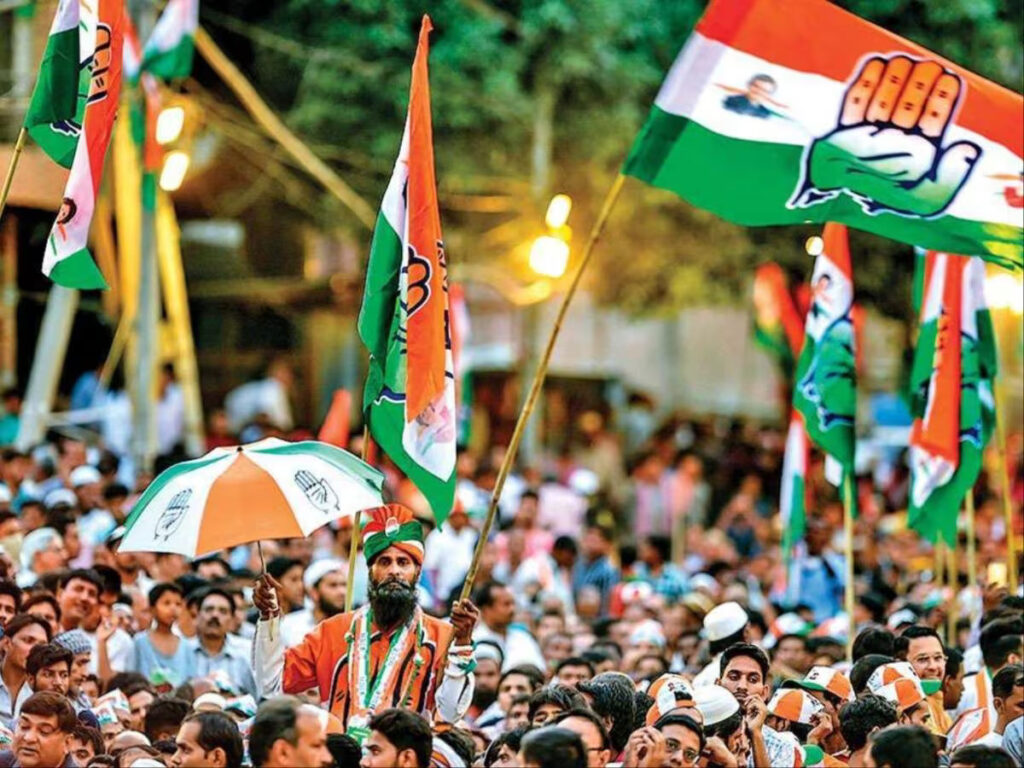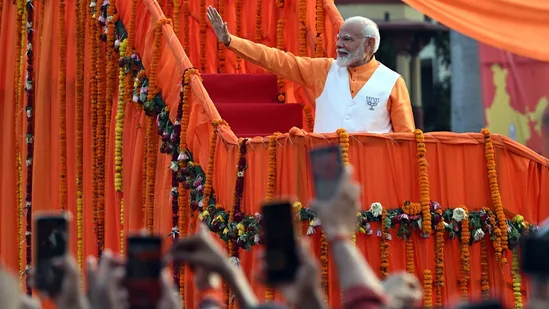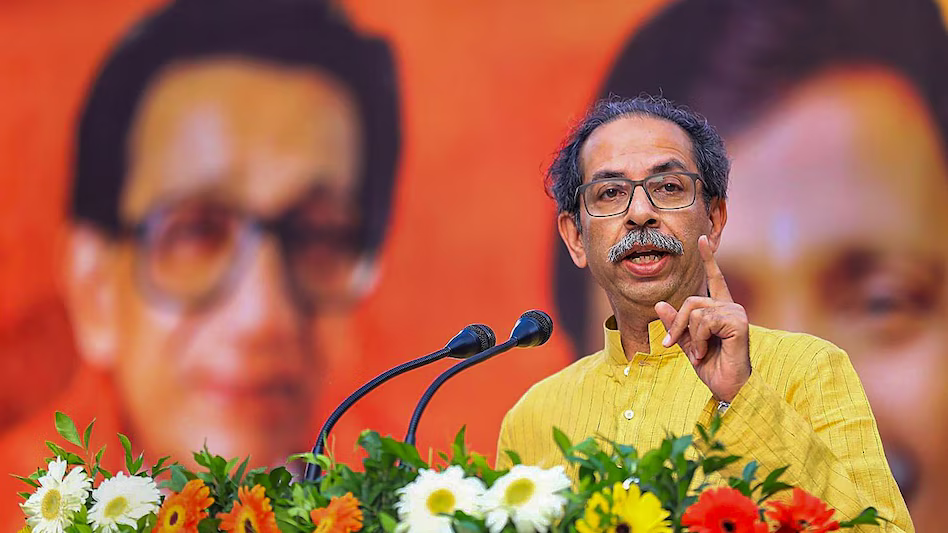Trends Ahead of the Election

Similar to other nations, India’s political climate has a significant effect on the real estate industry, particularly during general election seasons. Over the past twelve years, there has been a noticeable influence of election cycles on the real estate market. What might investors and end users anticipate following the next general elections? Let’s look at how the Indian real estate market performed both before and after the national elections.
The Indian real estate industry has a history of slowing down in the lead-up to general elections. This is due to the fact that when there is uncertainty regarding election results and potential policy changes, buyers and investors become more cautious. Pre-election data typically demonstrates a downward trend in both transaction volumes and the rate at which property prices are rising.

For instance, during the 2014 general elections, the market witnessed a noticeable drop in sales and new releases. In the quarters leading up to the elections, home sales in the top seven Indian cities fell by about thirty percent. 2019 saw similar trends, with the primary and secondary markets slowing down as prospective investors and purchasers chose to hold off.
Recovering After the Election
After elections, the housing market typically experiences a significant uptick. Restored consumer confidence and clarity on government policy are frequently the main drivers of this recovery. There was a noticeable recovery in the market after the 2014 elections brought in a stable government. According to studies, positive consumer sentiment and increased investment led to an over 50% increase in sales in the ensuing months.

The elections of 2019 saw a repetition of these trends. Once more, the assurance of political stability bolstered the recovering market momentum. People’s increased trust in the Real Estate (Regulation and Development) Act, or RERA, was another factor at work. By the end of 2019, the market was overflowing with new investments in both commercial and residential real estate.
Present Situation and Prospects for the Future
Even during the unrest leading up to the general elections, the Indian real estate industry has shown resilient this year. The present administration has implemented a number of policies to boost the demand for housing, expand the infrastructure, and implement economic reforms. The usual pre-election slump has been largely avoided thanks to widespread confidence in the government’s ability to hold onto office.

The Indian housing industry has every reason to be optimistic following the election. The market will undoubtedly rise if the ruling party can uphold the law and protect the stability of the economy. Industry forecasts also suggest that future legislation may moderate the GST that applies to building goods. Developers and their clients will both benefit greatly from this, as it will help contain the increase in real estate prices.

Aside from that, there are hopes that finance for the housing industry will become more readily available and that the government will once more prioritise the development of affordable housing. All of this will undoubtedly help to improve the dynamics of the housing market over time.
Consequences for Financial Investors

There will be plenty of appealing prospects in the post-election period for residential real estate investors as well as buyers. Due to price appreciation and growing demand, real estate will rise and generate extremely big profits once the government announces additional steps to support the market and stabilise the economy. The increasing trend of digitization and openness in real estate transactions would be perfectly complemented by such initiatives.